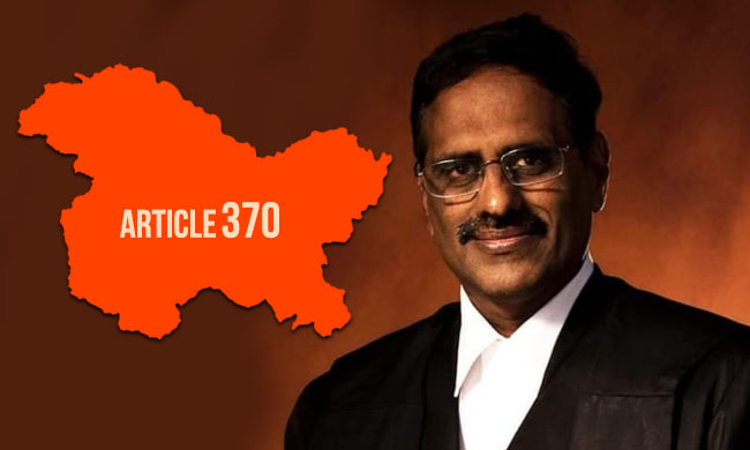After his lecture scheduled by the Madras Bar Association on Article 370 of the Constitution was cancelled due to opposition, Senior Advocate K M Vijayan of Madras High Court shared his views on the topic with LiveLaw.Hours before the event scheduled on August 14, the MBA cancelled it when they received a representation from BJP legal wing objecting to the lecture on the ground that issue...

